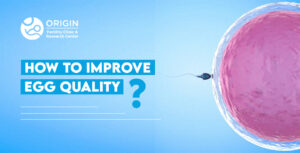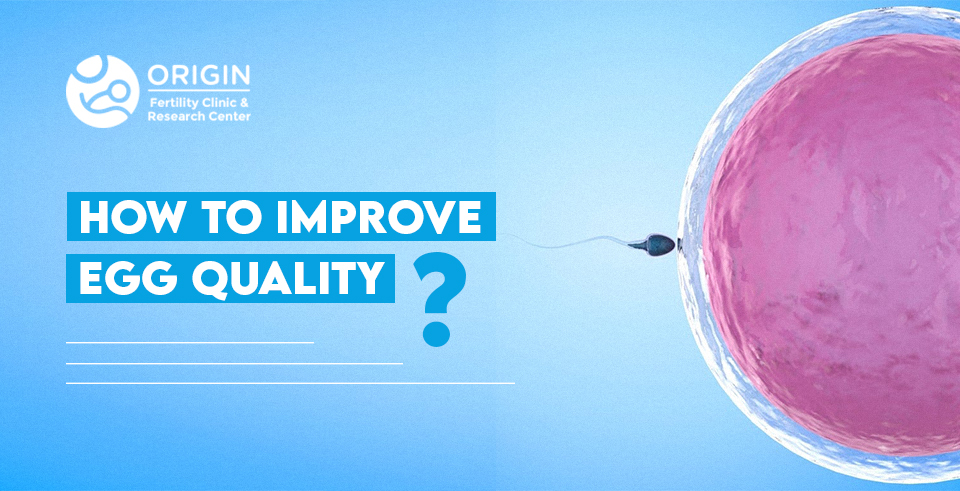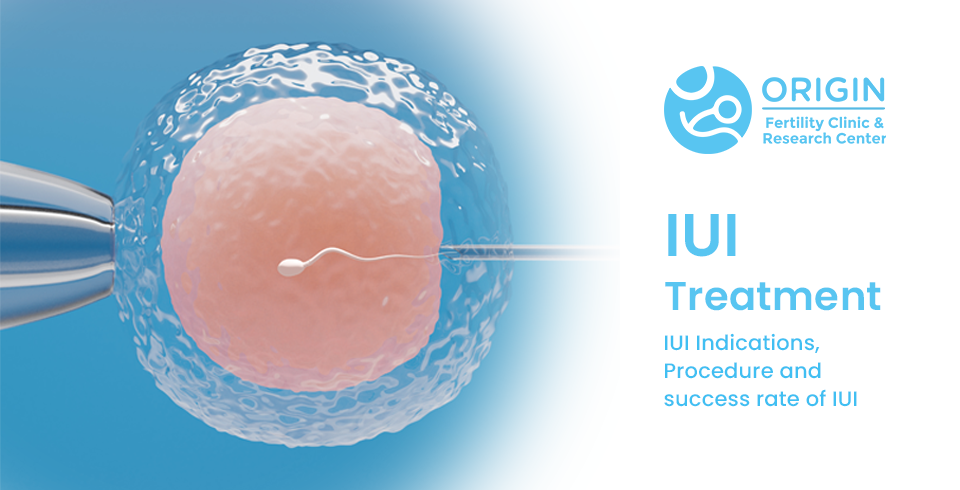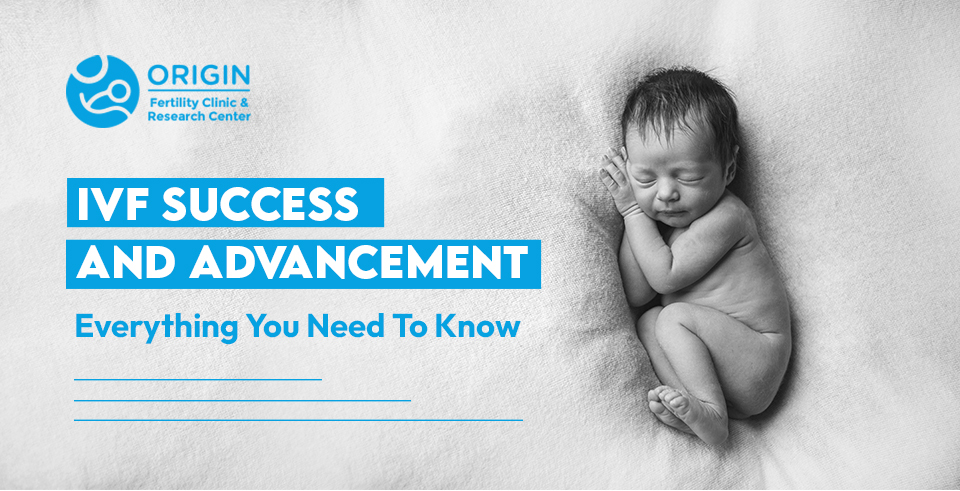Failed IVF treatment in Hyderabad
RIFM (Repeat IVF Failure Management Clinic) is a subspecialty unit of White Rose Fertility.
ART is an evolving branch, and continuous new technologies and research analyses keep coming. For that, we have to keep updating ourselves. Scientifically driven protocols, which we keep updating regularly after seeing proven evidence, are our strength.
Why does the success rate of IVF have such a wide range?
The success rates of IVF can range between 30% and 60%, and it is important to understand the reasons for such a wide range.
For this, we first need to see what the factors are that affect the IVF success rate.
- The patients’ reproductive health condition
- The IVF protocols used and the monitoring of the IVF cycle, in which fertility specialist expertise plays an important role, will impact the number of eggs and embryos.
- The expertise of an embryologist is something that plays a very crucial role. Always make sure the IVF Centre has a full-time embryologist working there, which will impact the quality of the results.
- The question that will come to every couple’s mind who is facing IVF failure is: if everything was fine, then why did it fail?
- Unseen factors of IVF failure: Sperm, egg, and embryo are very sensitive to even minor changes in temperature and humidity. The air quality of the lab, the temperature, and the humidity maintained in the IVF lab are very important. That’s why you should make sure that you are visiting the standard IVF lab and OT, which are well equipped with world-class, best-available equipment like the ICSI manipulator and incubator, because that is the place where your embryos are going to grow.
At White Rose Fertility, we have an IVF lab that has world-class standards, and this varies from Centre to Centre.
The success key to the next IVF is hidden in previous failed IVFs.
After failing IVF, we have to go strategically. The strategy starts with an evaluation of the probable causes of previous failed IVF. Usually, the cause of IVF failure will be either bad soil (uterine cavity), bad seeds (embryo), or other factors.
Causes of Failed IVF: Uncovering the Secrets of Failed IVF Cycles
What are the critical factors that should be looked at?
- Knowing the stage at which the IVF failed is crucial. Whether that particular IVF cycle could not give enough eggs and good-grading embryos or whether, despite transferring good embryos, the transfer could not provide success
- The details of previous failed IVF cycles are very important in these cases. When we evaluate the last failed IVF cycle, we can learn a lot of things.
For example, which kind of stimulation protocol has been used, the quality of those injections, the hormonal value during IVF cycles, whether the dosage of injections was optimal or not, how many eggs were obtained, and how many got fertilized?
- The grading and staging of embryos also play an important role.
- Was the embryo transfer easy or difficult?
- What was the condition of the IVF lab in which embryos have been cultured?
- Was the treatment done by experts (reproductive medicine specialists)?
- Chromosomal analysis of couples
- Sperm analysis is a very important part. Apart from basic semen analysis, a few higher tests are available, like DFI.
- We have to look after other risk factors like advanced maternal age, smoking status of the couple, high BMI, and stress levels.
IVF Treatment Options:
After failed IVF, the infertile couple usually seeks treatment options that are new or have not previously been attempted. At White Rose Fertility Center, we offer the best failed IVF treatment in Hyderabad which is as below:
- Choosing the right IVF protocol and preparing the right treatment plan are important.
- Giving a little extra care to sperm selection by using the latest technology like microfluidics.
- To be sure about quality control inside the IVF lab and OT.
- Blastocyst transfer: the Blastocyst is the Day 5 embryo after extended culture. It’s an advanced-stage embryo. The success rate with blastocyst transfer is better.
- Embryo Biopsy (PGT-A): Preimplantation genetic testing for the diagnosis of chromosomally normal embryos is helpful. Choosing chromosomally normal embryos among a cohort improves embryo selection and pregnancy rates.
- Immunological screening and therapy play an important role in the case of recurrent implantation failure.
- Hysteroscopy: Soil is very important for the nourishment of seeds. By hysteroscopy, we screen for any pathology inside the uterine cavity, the quality of the endometrium, or any signs of endometrial infection.
- Embryo Glue: Embryo glue is a substance that helps embryos get stuck in the uterine cavity. Recent studies suggest that embryo glue increases the chances of pregnancy, especially in IVF failure cases.
- As the last option, uncommonly, couples may need to choose the donor gametes (donor egg or donor sperm) option.
- If, despite transferring good-quality, chromosomally normal embryos, an embryo transfer is failing multiple times, then in very rare cases and as a last option, a couple may need a surrogate.
Success rate:
The cumulative success rate for IVF is 40–50% in most cases. Even after transferring chromosomally normal embryos, the success rate can reach up to 65%. Still, in 20–30% of cases, the cause of failure cannot be ruled out.
The IVF treatment approach should be directed towards individual patient cases, and IVF protocols should be tailored to specific patients.
Success story of the RIFM clinic
After four failed IVF cycles, I finally reached the destination.
The recurrent IVF failure and recurrent implantation failure case of Mrs. X, 34 years old, was one of the most challenging cases that we treated under the RIFM (repeated IVF failure management clinic) under the guidance of Dr. Rinke S. Tiwari.
Mrs. X and Mr. Y visited White Rose Fertility in June 2022. This case had a long history of treatment spanning 11 years, with four failed IVF cycles and four failed embryo transfers.
Previous history of treatment cycles for a couple:
- 2015 (outside): 3 IVF + 2 embryo transfers done; result was negative.
- 2016 (outside): 4th IVF done, PGS euploid embryo transferred, but result negative.
IVF Treatment at White Rose Fertility:
We deeply evaluated the case. For females, we did a few tests that were important to evaluate their endocrinological and immunological status. We started IVF with a different protocol and got two embryos. After hysteroscopy, we did a special natural cycle FET protocol, and in the very first attempt, we got a positive result.








